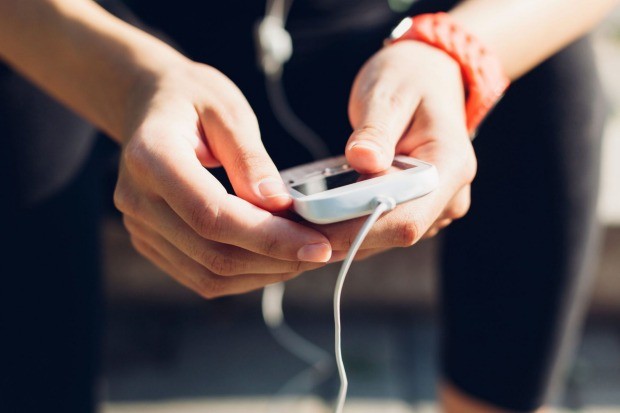
Though trackers are there to put vigour in workouts and everyday moves, they are inducing compulsiveness rather than mindfulness in the exercise regimens of fitness freaks

You know anyone who counts every step, every move s/he makes each day? Who waits to hear a beep after the 10,000 steps a day goal is reached? Who keeps count of calories burnt? I do.
I know many such people who are obsessive about fitness and keep track of it. Even if tired, they keep pacing till they reach their numerical goal. They like to measure their fitness, and how bizarre is that!
One such person is my friend Seema. She uses Fitbit as it gives her a quick measure of how much "non-sitting time" she may have had during a 24-hour period. Her work entails sitting most of the time and a walk during lunchtime does not give her enough steps "necessary for a healthy lifestyle", she says. She uses it not just to track her steps/activity but to gauge its relation to food, water, sleep, etc. "It takes the guessing of how active I’ve been during the day, and gives a good gauge of where I want to be."
It is this fitness-tracking ability of smartphones and other wearable gadgets that has really changed the game. Fitness freaks are literally carrying annoying, guilt-inducing instructors in their pockets that tell them to walk faster to cover the distance if they are too slow; if they have sat on their bottoms the whole day, it will give out a signal to be active, if they haven’t used the app for some days, it’ll warn them of becoming sluggish. It watches them eat, counts their calories and monitors their weight. It’s their companion in swimming, cycling and planks and push-ups. It helps them skip bougie gyms and avoid shirtless bros and sweaty models.
Pilates instructor, Nael Najam, thinks the fitness apps though quite popular these days, do not impact an individual’s fitness routine. "Everyone has a different body type and fitness goals, hence, what may work for one person may not work for another which is something that these apps are not fully equipped to handle." While the data collected by these apps does spike interest in health and fitness, she says, "It is actually intrinsic motivation which will eventually kick start one’s fitness journey. Apps will come and go but fitness is a lifelong commitment. If you feel an app can assist you then go for it although personally, I would rather power down during my workout."
Read also: In Epicurean fashion
We know fitness is addictive. But fitness trackers or apps installed on smartphones or other wearable techs are turning this addiction into a compulsion. It may be healthy to make goals more difficult to measure, but it is dangerous to have gadgets that monitor your every move. I would rather exercise my mindfulness!